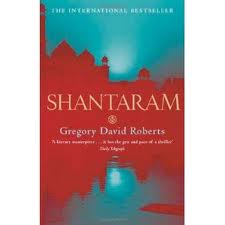
It has been quite some time since my last post and well … I don’t really have an excuse apart from the fact that I’ve once again moved continents, changed jobs and have very recently relocated (internally this time) to start another new job next week! I’m hoping to stay put for a while and in turn to try and write some more, which my new surroundings are rather conducive to.

Isn’t there is a gothic story in the photo of the black cockatoo perched on the cross in the cemetery that I took on my ramblings yesterday evening?
I digress! Getting back to the purpose of this post I was rather proud of my reading challenge in 2018 and I have once again set myself a personal goodreads challenge for 2019. In addition, I stumbled across this Read Harder Challenge, 2019 edition ran by Book Riots. Rather than simply picking a number of books to read for the year, they have put together a reading challenge that contains 24 different categories of books ranging from epistolary novels, humour books, manga, a novel by a trans or nonbinary author, a translated book written by a woman, and the list goes one. The New York Public Library have put together a useful list of suggested books for each category. Being a true bookworm, I’ve already joined my new local library and have sussed out which of the books I have provisionally selected they have on offer. The range, so far is pretty comprehensive!
As a rather prolific reader myself – and I do believe I read quite widely – I know it is easy to get stuck reading books within the same genre, time period or written by a specific gender etc, which is why I think this particular reading challenge is brilliant. While I have read books within several of the 24 categories, there are quite a few that I have never explored. I have on occasion picked up a manga to see what all the fuss is about as many of my students have been rather partial to the genre, however, I have never read one myself. In addition, despite finding Howard Schultz’s ‘Onward’ about the success of Starbucks an interesting read (it wasn’t a personal choice, but part of a company bookclub book when I worked in PR in London), I have to admit that I often scorn the idea of reading business books. I guess I will have to be open-minded and remove my prejudice in my completion of the challenge.
Now my personal reading challenge is rather more than 24 books, but my plan is to complete the Book Riots challenge as part of my goodreads challenge. Furthermore, I aim to write at least one post per month which is a review of the books from my 2019 reading challenge. Well it’s only half way through January, so I’m off to a semi good start. Let’s see if I can sustain and complete both the reading and writing challenges I have set myself for 2019!


















